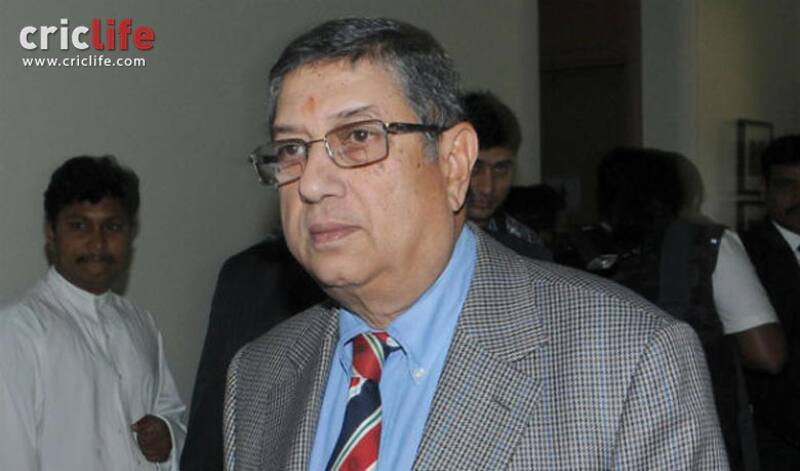
Cricket Country Staff
Editorial team of CricketCountry.
Written by Cricket Country Staff
Published: Dec 17, 2014, 04:02 PM (IST)
Edited: Dec 18, 2014, 06:47 PM (IST)

The Board of Control for Cricket in India (BCCI), in its list of people with conflict of interest has named Sourav Ganguly, Sunil Gavaskar, Ravi Shastri and Krishnamachari Srikkanth. The list submitted to Supreme Court on Wednesday, also includes the names of Lalchand Rajput and Venkatesh Prasad.
As reported by NDTV, the Supreme Court on Tuesday had once again slammed the BCCI for involving players and officials with “conflict of interest” and had asked the board to present a list of players and administrators, who have commercial interest in the Indian Premier League (IPL).
The court said, “For the purity of the game, if conflict of interest has to go, it will go. Heavens will not fall if administrators don’t own teams. If the team goes, projects will not fall.”
“Apart from CSK, is there any other team which is run by an administrator and why? Give us a list of all contracts which will fall because of striking down Rule 6.2.4.”
“BCCI needs to take it out of their minds that Supreme Court can’t adjudicate on BCCI rules. Those aren’t sacrosanct for us. You have to satisfy us as far as Rule 6.2.4 is concerned.”
The judges have asked the board to justify the 6.2.4 clause that allows the officials to don multiple hats, and have commercial interests in the cash-rich leagues of IPL and Champions League Twenty 20 (CLT20).
Earlier this month, N Srinivasan’s counsel Kapil Sibal had told the bench that the likes of Gavaskar, Shastri and Ganguly, too have held positions in both BCCI and the IPL. In an attempt to justify the former BCCI President’s conflict of interest, Sibal had also gone on to name Anil Kumble, Rajput, Srikkanth and businessman Vijay Mallya, whose company owns the team Royal Challengers Bangalore (RCB).
This website uses cookies so that we can provide you with the best user experience possible. Cookie information is stored in your browser and performs functions such as recognising you when you return to our website and helping our team to understand which sections of the website you find most interesting and useful.
Strictly Necessary Cookie should be enabled at all times so that we can save your preferences for cookie settings.
If you disable this cookie, we will not be able to save your preferences. This means that every time you visit this website you will need to enable or disable cookies again.
